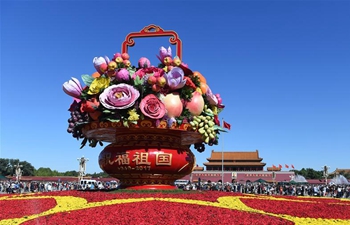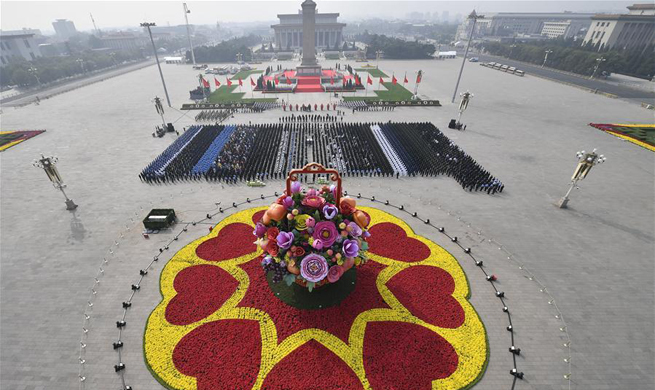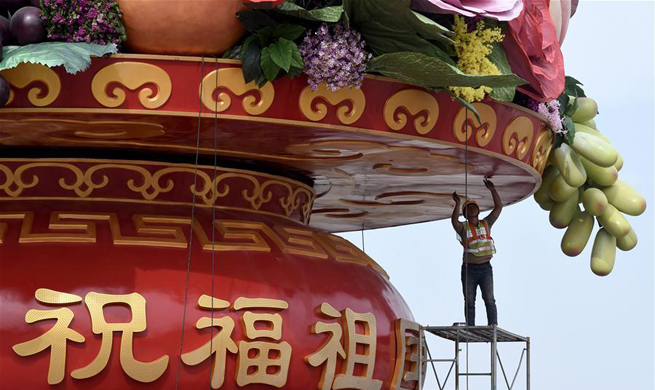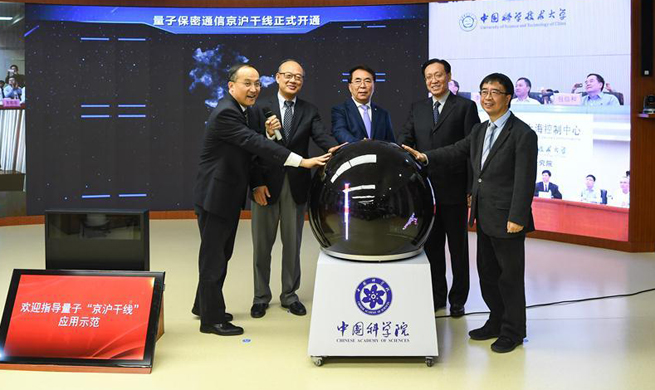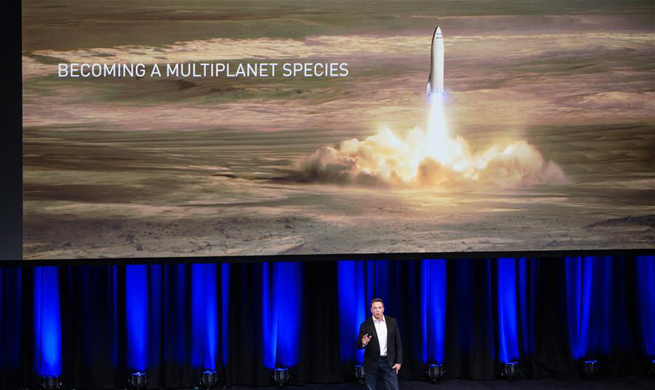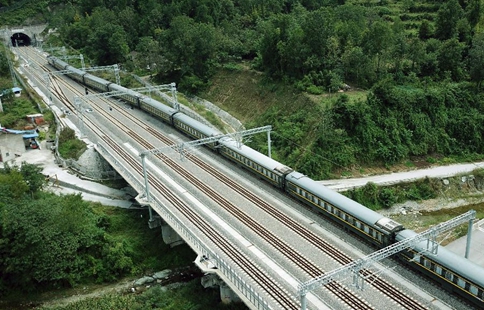by Xinhua writer Liu Chang
BEIJING, Sept. 30 (Xinhua) -- U.S. Secretary of State Rex Tillerson arrives in Beijing on Saturday to lay the ground work for U.S. President Donald Trump's first China visit later this year.
The top U.S. diplomat's visit comes at a time when the world is toiling to foster a sustainable global economic recovery and seeking to handle an array of hotspot issues.
As the world turns increasingly interdependent among nations and regions, it is imperative for the world's top two economies to step up cooperation, and important for Tillerson to build as much consensus as possible on three major fronts in the coming days in China.
Surely, Tillerson's top priority is to search for more common ground with China on how to contain Pyongyang's nuclear ambitions.
For the record, Beijing has firmly opposed the Democratic People's Republic of Korea's nuclear program and is committed to denuclearizing the Korean Peninsula through political means.
Upholding these principles, China has over the years been trying to facilitate dialogue among all parties concerned, while fulfilling its responsibilities according to UN Security Council resolutions.
However, Washington and Pyongyang's indulgence in tit-for-tat war of words has left any diplomatic efforts in vain and made a final solution to the crisis even harder.
Currently, all incendiary rhetoric and moves can do nothing but wreak havoc and must be halted. More efforts are in urgent need to create an atmosphere in which Pyongyang, Washington, Seoul as well as other relevant parties can sit down together and talk.
In addition, those who believe that China is obliged to and is able to alone single-handedly fix everything are unrealistic and irresponsible as the two sovereign countries -- Pyongyang and Washington -- are leading roles in the dispute. Synergy holds the key to solving the crisis.
Another area in which the two countries can further their cooperation is trade and investment that have over the decades brought real benefits to both sides.
Through trading with China, low-cost and high quality products have helped raise living standards of Americans.
Instead of stealing American jobs, employment by Chinese-owned firms across America has jumped ninefold since 2009 to 140,000 last year, according to a recent report by the National Committee on U.S.-China Relations and Rhodium Group.
As for the U.S. trade deficit with China, to blame are an evolving global distribution of industries and value chains, not Beijing.
Earlier last month, Washington initiated a protectionist probe into what it calls China's theft of U.S. intellectual property by evoking the Section 301 of the Trade Act of 1974 that allows the U.S. president to unilaterally impose hefty tariffs and other trade limits on partners deemed to possess unfair advantages.
Such a move may sound pleasant for protectionists ears in America, yet it would only sow the seeds for a possible future trade war in which no party could emerge unscathed.
The smart way is for both countries to take a more rational view to their trade differences and resolve frictions via the World Trade Organization.
Dealing with such pressing global challenges as climate change is also where China and the United State can join hands to make the world a better place.
Washington, which has been inclining to backing away from the 2015 Paris climate agreement, needs to tread carefully and not be blinded by short-term self-interest.
Facts showed that shared interests that bind China and the United States far outweigh the disputes that divide them.
It is encouraging to see that Trump and his Chinese counterpart, Xi Jinping, have maintained close contact on a regular basis.
They also created a four-pronged dialogue mechanism that aims to promote constructive communication in areas like trade, law enforcement and cybersecurity, as well as people-to-people and cultural exchanges.
The world's most important bilateral relationship is picking up steam under joint efforts and the momentum should be maintained for the good of all.




